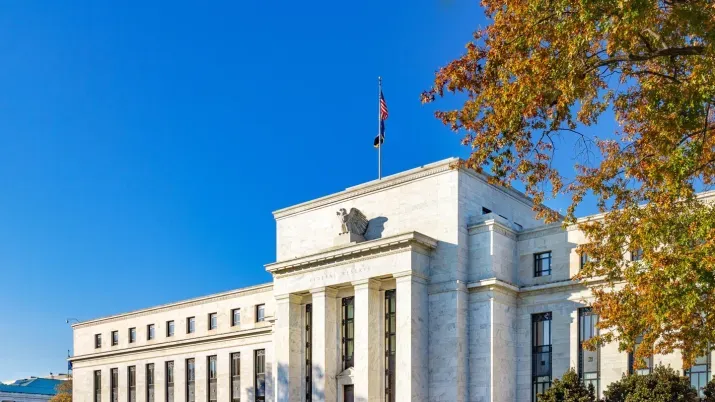Could Fiscal Stimulus Inflate Expectations?
TwentyFour
After the hefty and prolonged rally markets enjoyed in 2019, one question we have received regularly from clients in Q1 investor meetings has been on what could derail the trend in 2020.
So far this year the rally in risk assets (joined by government bonds as a result of the coronavirus) has shown little sign of abating, and while we do believe a good part of the market looks expensive, that alone is not enough to cause a sell-off. A catalyst would be needed.
One economic variable that may seem an unlikely threat given recent history is inflation. To be clear, we do not expect inflation to pick up and become a significant problem for markets in 2020. However, when almost every market participant is firmly of the same view we tend to feel a little uncomfortable, and right now there seems to be a very broad consensus among fixed income investors that inflation will never be a problem again. The five-year inflation breakeven using Bunds and inflation-adjusted Bunds – a widely used proxy for forward inflation expectations – is currently at 92bp, not quite at the lows of the last 10 years but not too far away.
This benign market view allows for central banks to continue adding monetary stimulus if needed in the form of rate cuts or quantitative easing (QE), which should keep asset prices well underpinned. As a base case this does make sense, as we think the global economy is unlikely to experience a V-shaped recovery from its 2019 slowdown. However, government bond curves are very flat (or inverted in some cases) and markets are banking on central bank stimulus for current trends to carry on, which means relatively small changes in inflation expectations could have relatively large consequences for asset prices. If for any unforeseen reason inflation was to increase even slightly, investors may begin to doubt central banks’ ability to be the bid of last resort as they instead refocus on complying with their inflation objectives. In such a scenario, markets would likely go through an interesting correction.
So is there anything that could cause this relatively small adjustment in inflation expectations?
If we had to pick one ‘black swan’ it would be the Eurozone. We are seeing the topic of fiscal stimulus increasingly in the news in more than one member state, and the fact that the UK is likely to implement an expansionary fiscal stance under its newly appointed Chancellor of the Exchequer only adds to the probability of the Eurozone going down the same path, in our view. We doubt countries like Germany would want to see the departing member of the European Union enjoying a growth boost due to fiscal stimulus, especially if their own economy was underperforming while maintaining a budget surplus despite being able to borrow at negative yields. The European Central Bank has also been pushing for fiscal stimulus for some time now, among other changes that could take some weight off monetary policy. If we did see some action from member states, the ECB could afford to be less dovish, which might steepen the curve.
So while we do not think inflation is the number one candidate to spoil the party in 2020, we have most definitely not forgotten about it. Given where asset prices are at the moment, we would categorise inflation as a low probability, but high impact, risk.







